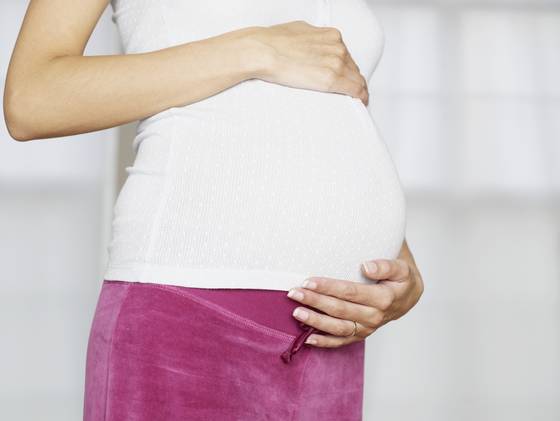 New study shows that more than 2 out of every 5 parents in the U.S. find vaccination against human papilloma virus unnecessary.
New study shows that more than 2 out of every 5 parents in the U.S. find vaccination against human papilloma virus unnecessary.
According to estimates by the Centers for Disease Control and Prevention, about 11,967 new cases of HPV-associated cervical cancer are diagnosed in the United States each year. The agency recommends the HPV vaccination for all pre-teen girls and boys aged 11 to 12.
“HPV causes essentially 100 percent of cervical cancer and 50 percent of all Americans get infected at least once with HPV. It’s a silent infection. You cannot tell when you’ve been exposed or when you have it. While most HPV infections clear, a percentage linger and start the process of cancerous changes. The HPV vaccine is an anti-cancer vaccine,” said Robert Jacobson, M.D., a pediatrician with the Mayo Clinic Children’s Center and senior author of the study.
The number of parents saying that they wouldn’t get their children vaccinated has grown over the past few years. In 2010, about 44 percent had said no to the vaccine compared to about 40 percent in 2005. Read full article.




